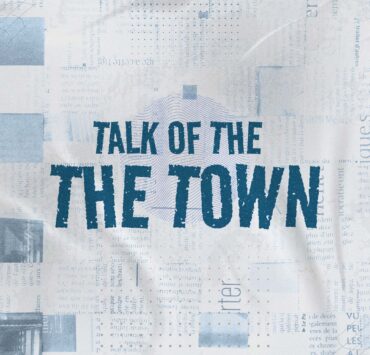Browse responsibly

While growing up, I am sure we have come across or been given advice to “drink responsibly” when it comes to the consumption of alcoholic beverages. Such messaging was born out of concern over the negative effects and/or impact of heavy consumption of alcoholic beverages on public health and public safety, especially when drunk people insist on driving a vehicle despite their state of intoxication.
Considering the growing concerns over the negative effects of excessive screen time and social media use, especially on the youth, it becomes vital to further support and enhance current campaigns to encourage everyone to “browse responsibly.”
On this issue and the need to browse responsibly, I think there are two main areas of concern: excessive social media use and screen time. We are all quite aware that excessive use of social media exposes us to dangers and risks, such as cyberbullying, sexual exploitation, extortion, and other activities that are deemed illegal under our laws. Furthermore, I think there is enough debate and attention already on those issues, and there are concrete measures that can be taken to mitigate those risks and deter people from engaging in such activities.
Regarding excessive screen time, several studies have shown its negative effects on physical health, cognitive ability, and social skills, especially for young children. In Sweden, where electronic devices have increasingly replaced traditional books in the classroom, studies have shown a general decline in educational performance and overall academic standards. This drop has been attributed to a lack of critical thinking and overreliance on digital devices. Aside from the distractions caused by overuse of digital devices, research also shows that reading from backlit screens is more tiring than reading from paper, and it can interfere with memory retention.
In the case of the Philippines, there are similar findings and concerns as well. The Ateneo Center for Research and Innovation (ACRI) has an excellent report on this subject titled “Rethinking Screen Time for Filipino Children and Adolescents: Impacts on Development” by Dr. Angel Belle Dy. The policy brief of this study notes that nearly all preschoolers exceed the World Health Organization’s screen time recommendations and that excessive screen use leads to developmental delays, poor sleep, and decreased social contact. It also further notes that this isn’t an issue solely limited to classrooms or school settings. Part of the problem is also caused and even exacerbated by high parental screen habits and little regulation outside school hours.
As far as I know, the Department of Education (DepEd) has a policy banning the use of electronic gadgets in classrooms and during school hours. Though just recently, Education Secretary Sonny Angara clarified that he would support the use of electronic gadgets when it is integrated into learning, especially when such arrangements help address problems such as the lack of physical textbooks, workbooks, and reference materials. Besides, I also believe that it would be detrimental to totally ban the use of electronic devices in the classroom or incorporate their use in education.
While excessive screen time is detrimental, totally banning it in education would also place our youth at a disadvantage in a highly competitive world that has become dominated by digital technologies. If we want to give our children and our youth a brighter future and enable them to better face and deal with the challenges they have as they go out into the wider world when they become adults, then it lies on us to find a balance that would ensure that risks to their early cognitive and social development are not impaired, and at the same time, they also develop skills and proficiency to effectively navigate our modern world.
The ACRI study notes that while existing DepEd policies are able to restrict screen use, its use outside school hours has increased substantially. It recommends a broad approach involving families, schools, barangays, and health systems in an effort to promote healthy digital habits. The study also includes recommended evidence-based strategies for the sort of multisectoral actions needed to tackle this issue. Hopefully, the stakeholders take cognizance of this issue and look into the recommendations in the ACRI study. We owe it to our youth to do so.
In the meantime, we can also do our part on an individual level as parents and responsible adults. As in the case with drinking alcoholic beverages, our kids usually look up to the adults and follow their example. Taking away their phones isn’t the answer, they’ll just find other ways to get online access. What we should do is set a good example, discuss the rules with them, and build mutual trust. If we want them to browse responsibly, it should start with us adults, and who knows, we might also benefit from it, too.
—————-
Moira G. Gallaga served three Philippine presidents as presidential protocol officer and was posted as a diplomat at the Philippine Consulate General in Los Angeles and the Philippine Embassy in Washington.

















